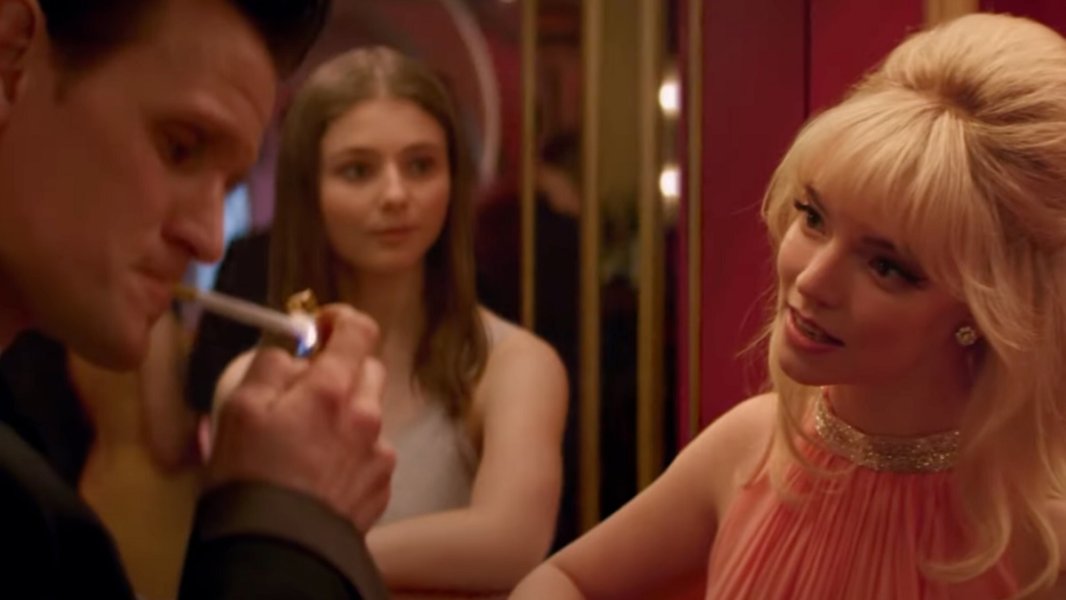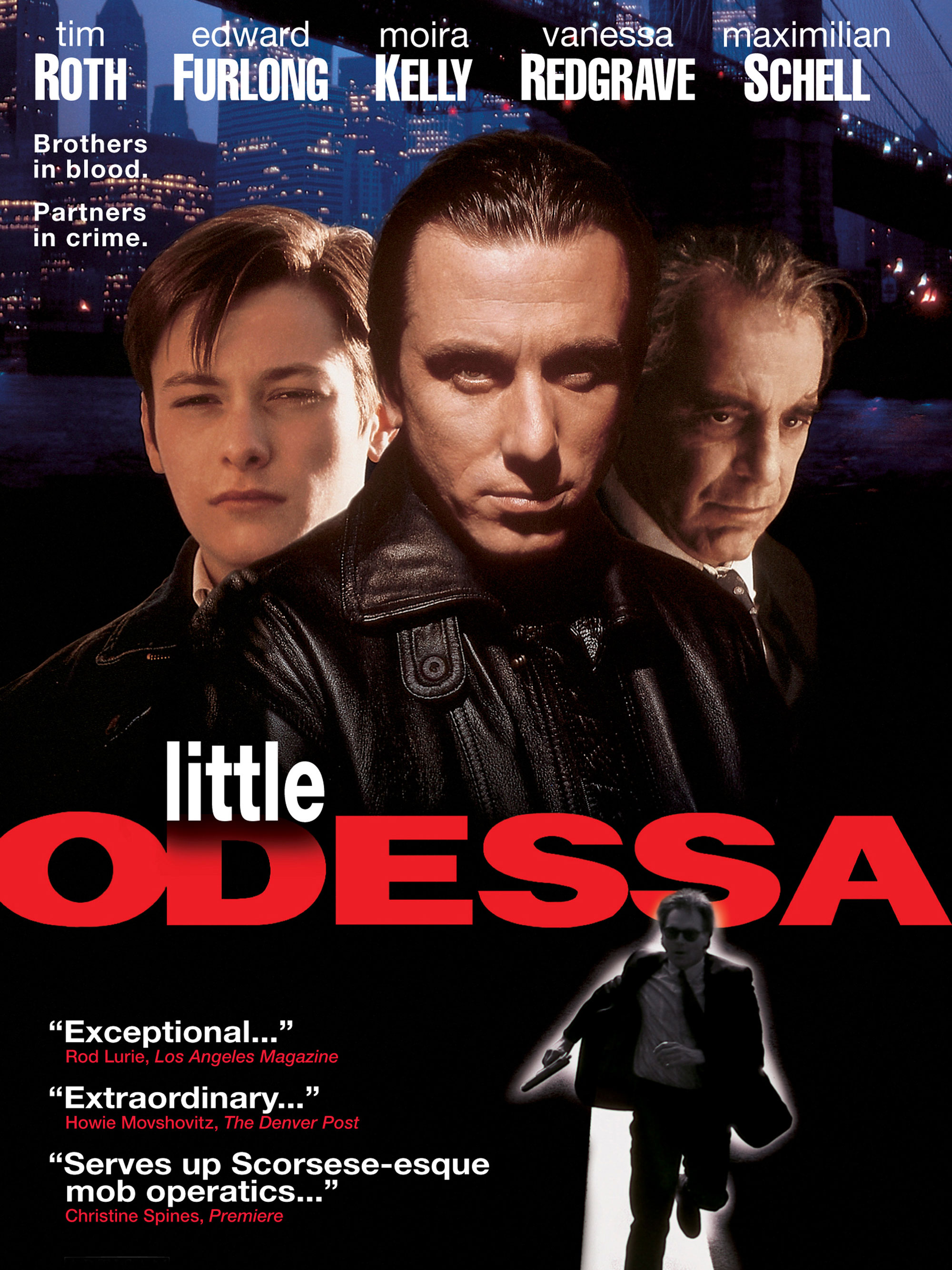- Messages
- 17,478
- Location
- New York City
The Great Gatsby from 1949 with Alan Ladd, Betty Field, MacDonald Carey, Barry Sullivan, Ruth Hussey, Shelly Winters and Howard Da Silva
"They're a rotten crowd - you're worth more than the whole lot of them put together." - Nick Carraway to Jay Gatsby
The above quote from F. Scott Fitzgerald's The Great Gatsby is the point of his famous novel, but Hollywood, by wont or to abide by the Motion Picture Production Code, turned the 1949 movie version of The Great Gatsby into another mid-century high-society melodrama.
Taking the movie on its own, it's not bad at all, but this is The Great Gatsby, one of the greatest novels of the twentieth century, so it's not easy to take the movie on its own.
If you do, though, you get a good story about a now-rich bootlegger who, as a young man, loved a pretty young socialite, played by Betty Field, whom he was too poor to marry.
It's about ten years later and Field is married to a man of her background, played by Barry Sullivan, who is wealthy but cheats on her - you make your choices in this world and then you live with them or not.
The rich bootlegger, Gatsby, played by Alan Ladd, pops up in an exclusive section of Long Island in an ostentatious mansion with plans to steal Field, who lives nearby, away from Sullivan.
He uses his connection to one of Field's friends, and the narrator and conscience of the story, played by MacDonald Carey, to gain entry to Field and Sullivan's "circle."
Also in the mix is another friend of Field's, Ruth Hussey as a cynical and unethical golf pro, a struggling local garage owner, played by Howard Da Silva, and his wife, played by Shelly Winters. Winters is having an affair with Sullivan.
Yes, it's a Peyton Place for the society set, a popular movie genre at the time. Joan Crawford who, had she been younger, could have played Field's role, churned out several of these rich-people-behaving-badly pictures during the late '40s/early '50s.
This 1949 movie version of Fitzgerald's story plays out like a Hollywood-of-the-era "reinterpretation" of The Great Gatsby, so bad acts are punished, marriage is ultimately respected, some people are redeemed and there is nothing to really offend the Motion Picture Production Code.
It's a good story with Ladd and Hussey, in particular, bringing an energy and affability to two not-really-likable characters that gives the movie its punch. If the story was just another one churned out by the Hollywood script mill, there'd be little more to say.
But it isn't just another movie. Instead, the movie The Great Gatsby disappoints as F. Scott Fitzgerald's carefully constructed story and nuanced characters are forced into mundane Hollywood boxes that undermines Fitzgerald's scathing denunciation of the rich and snooty.
In his life, Fitzgerald craved the lifestyle and acceptance of that society, but in his writing, he clearly saw it for what it was or what its worse elements were, which he beautifully limned with elegant prose and a meticulous plotting in a novel that deserved more Tinseltown respect.
The Great Gatsby would finally get that respect in the 1974 version of the movie, but that effort, while faithful to the novel, somehow drained the energy from the story, making one wonder if the novel can ever be successfully brought to the screen. The 2013 version is fun in a "spectacle" way, but it is not the book either.
The Great Gatsby from 1949 is fine as a run-of-the-mill Hollywood melodrama, with several notable performances and some "we tried hard" sets that don't really work, but it simply doesn't hold up to the expectations of its famous source material.




